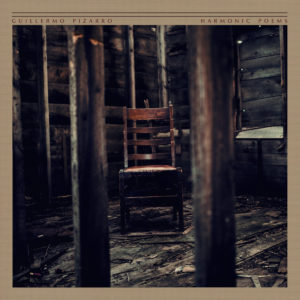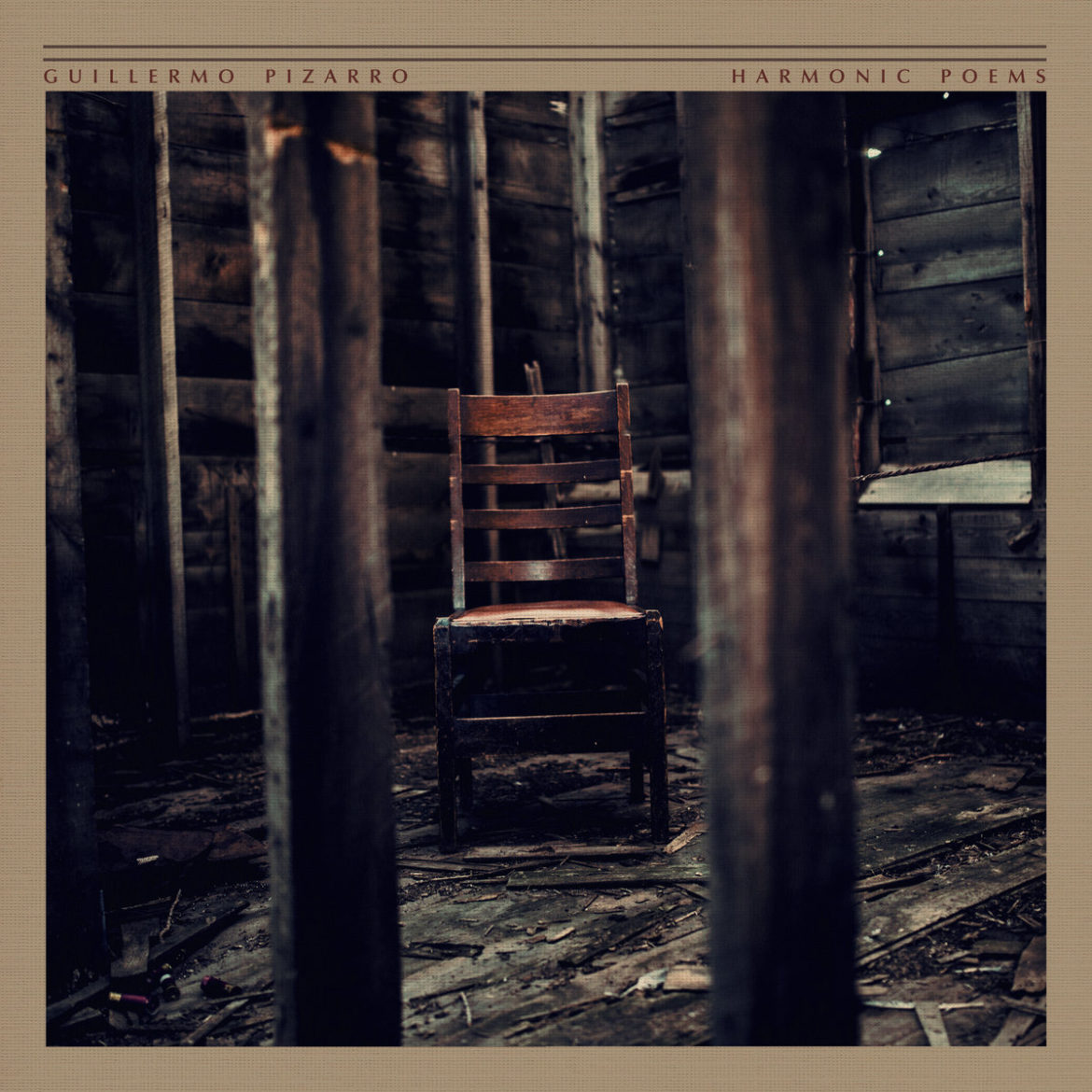 The best music is supposed to transport you. It takes you to a place far away from wherever you are. Such is why nostalgia is such a prominent element in the art. Never mind the objective quality of a song; good or bad, if you associate it with a certain memory, you’ll continue to return to it for as long as it activates a certain feeling within your soul. Smash Mouth’s “All Star” isn’t a particularly great song by any standard, but to those who have longing memories for the summer of 1999, it can provide something other songs can’t.
The best music is supposed to transport you. It takes you to a place far away from wherever you are. Such is why nostalgia is such a prominent element in the art. Never mind the objective quality of a song; good or bad, if you associate it with a certain memory, you’ll continue to return to it for as long as it activates a certain feeling within your soul. Smash Mouth’s “All Star” isn’t a particularly great song by any standard, but to those who have longing memories for the summer of 1999, it can provide something other songs can’t.
Speaking solely to that idiom, Guillermo Pizarro’s “Harmonic Poems” is a masterpiece. It’s truly transportive. Grab a pair of headphones, press play, and you’ll lose yourself in these six tracks as they confuse you, irritate you, inspire you, scare you, and most importantly, leave a lasting impact on you. It’s not easy listening by any stretch, but it’s also not a flurry of reckless sounds combining to form an end game that makes no sense. This guy knows what he’s doing.
In fact, this guy really knows what he’s doing.
Still, you can take “Harmonic Poems” one of two ways, both of which are justified in their own right. Composed via a series of found sounds, field recordings and objects that are turned way, way up past 11, this album is a true work of art. Pizarro himself lends excruciatingly haunting spoken word layers to a couple tracks, including “13 Years — Deep Creek Blues,” where the vocals could be used on the soundtrack to a “Saw” movie. Reciting his poetry, the effects placed on Pizarro’s voice are so evocative, leaving the lights off while listening sort of feels like an impossibility.
Adding to the legend of the recording, of course, is the length to which the artist goes to get his sounds. The aforementioned “13 Years,” as an example, makes use of a homemade lung, a rainstorm and the tones of a flowing creek. It’s nothing if not ambitious, inventive and boldly imaginative. Yeah, it’s not going to make you tap your toe, but while considering the intellect and acumen behind everything, you can’t help but pause to appreciate how original the West Virginian is.
Plus, there are occasional moments of familiarity that cut through the noise enough to make things feel at least a tiny bit more recognizable. The one-two centerpiece of the album is “Aokigahara” and “Aokigahara Pt. II,” and in addition to creating an exceptional amount of atmosphere, experimentalist James Wolf’s violin appears, adding a new layer to the production that ultimately gives things an added dash of traditional musicality. It’s also creepy as hell, which doesn’t hurt, either.
As for the other way you can take this set? Well, you can have your pick. Pretentious. Over-indulgence at its most over-indulged. Inaccessible. Pointless. The list goes on and on. In fact, it’s almost easier to ridicule something like this for its lack of apology than it is to find the many things here one can value. A single listen and the arguments become clear as day.
Supporters argue that if you don’t like it, you just don’t get it.
Critics argue that this simply isn’t music.
Supporters argue that this is art in the highest form.
Critics argue that there’s nothing artistic about three-and-a-half minutes of static.
The disagreements could go on for days and it’s impossible to claim one side as right and the other as wrong. Above all else, this is the kind of stuff that speaks directly to preference. It’s not an easy listen and it almost singlehandedly redefines the word abstract. But damn if it doesn’t immediately take you to a very specific place you previously never knew existed.
Which, of course, is what makes “Harmonic Poems” a success and Guillermo Pizarro a musical mind worth celebrating. It might not be an attraction you’re used to riding, but if nothing else, the ticket you buy will grant you access to a journey you won’t soon forget.
** 2 STARS OUT OF 4 **

